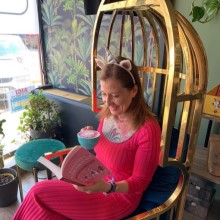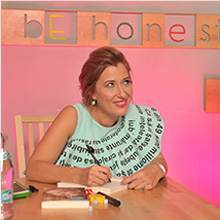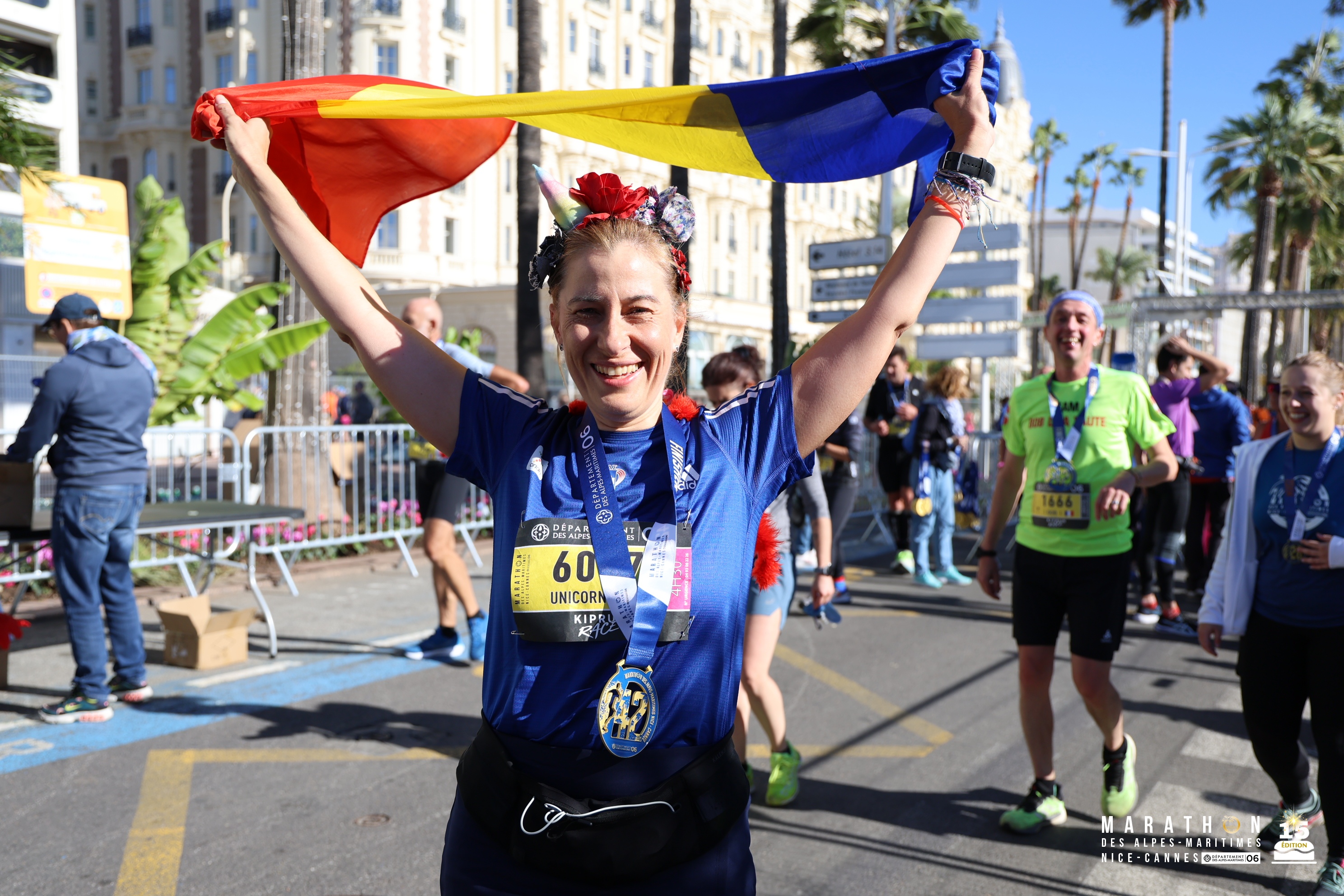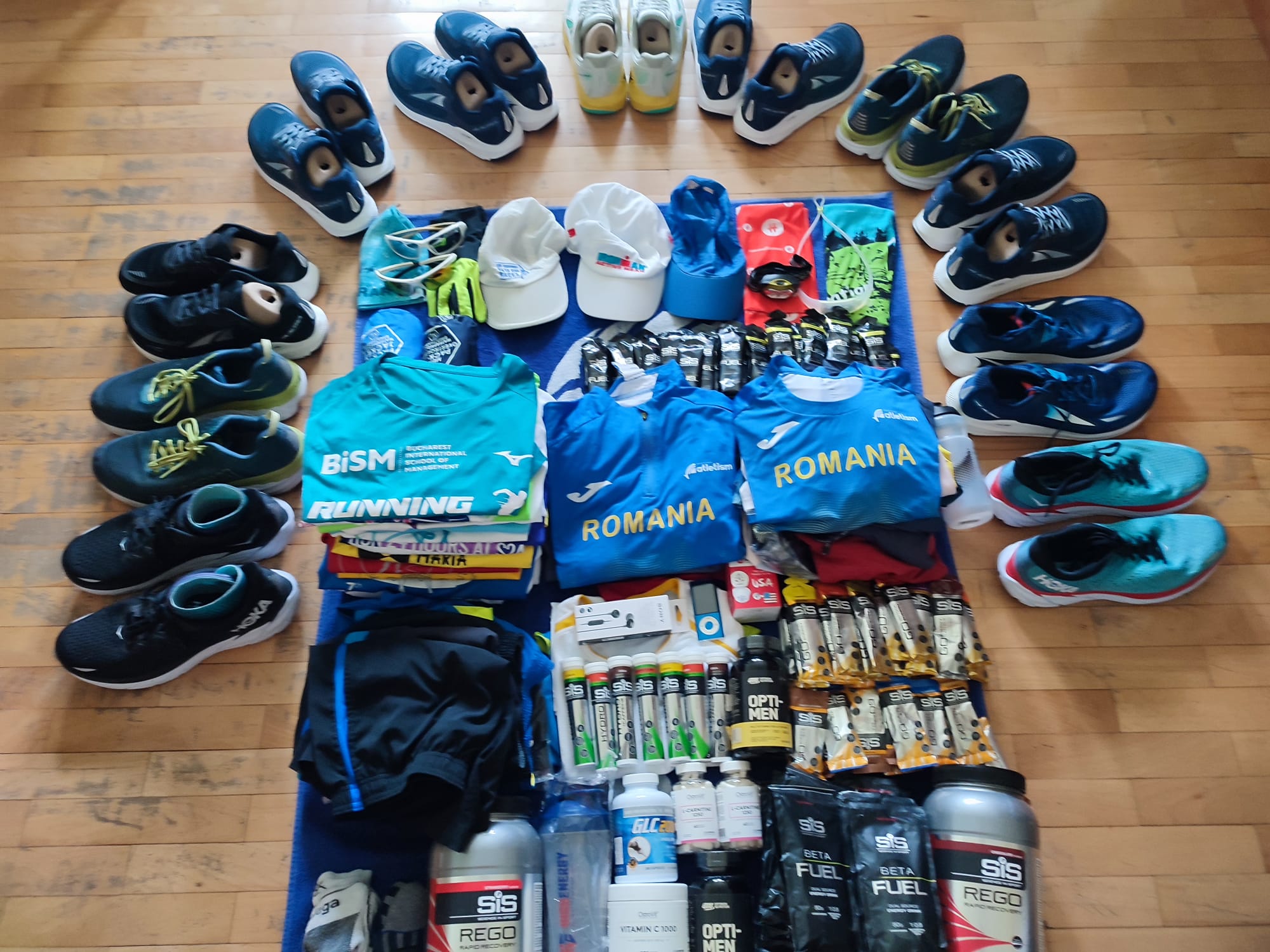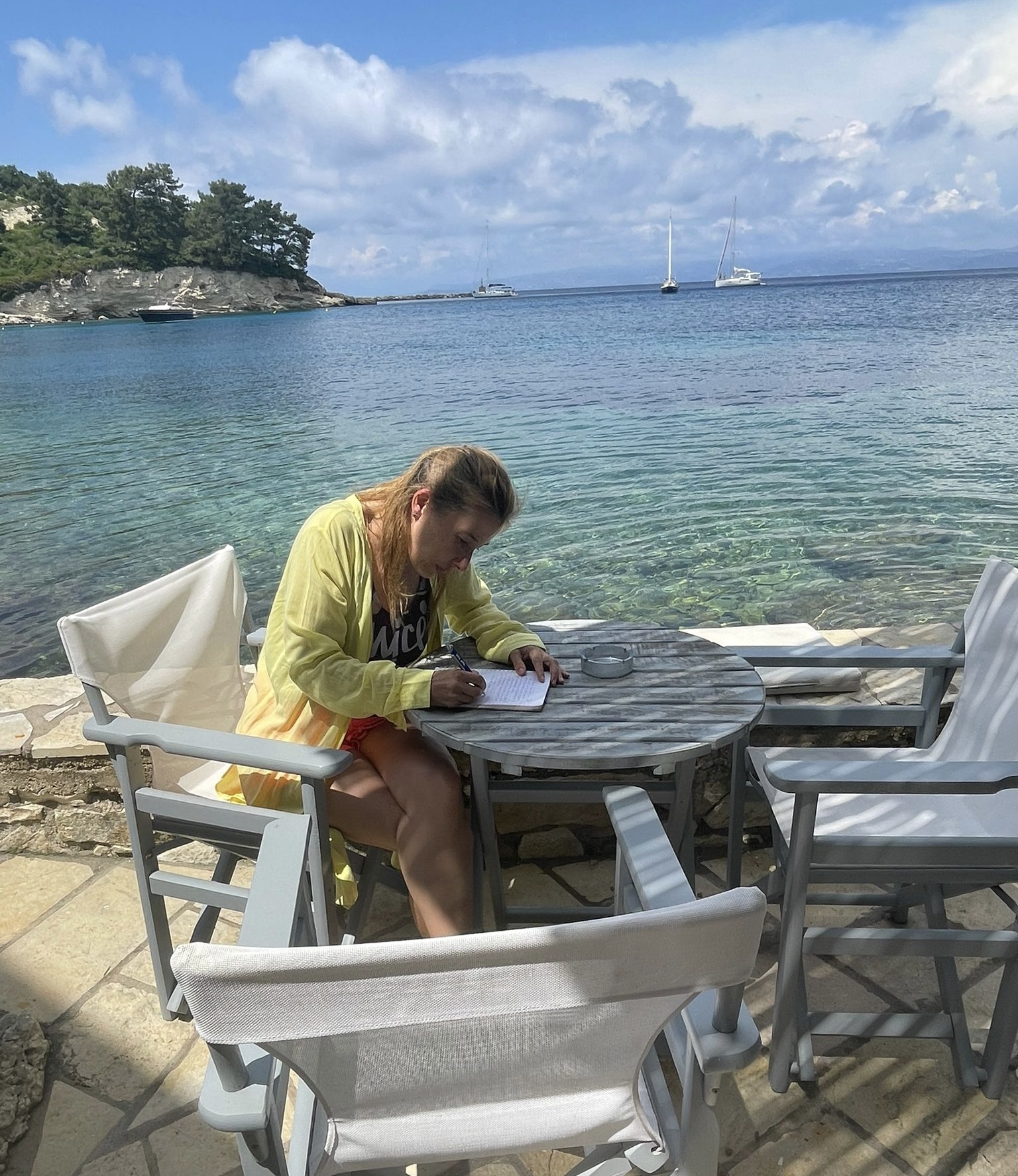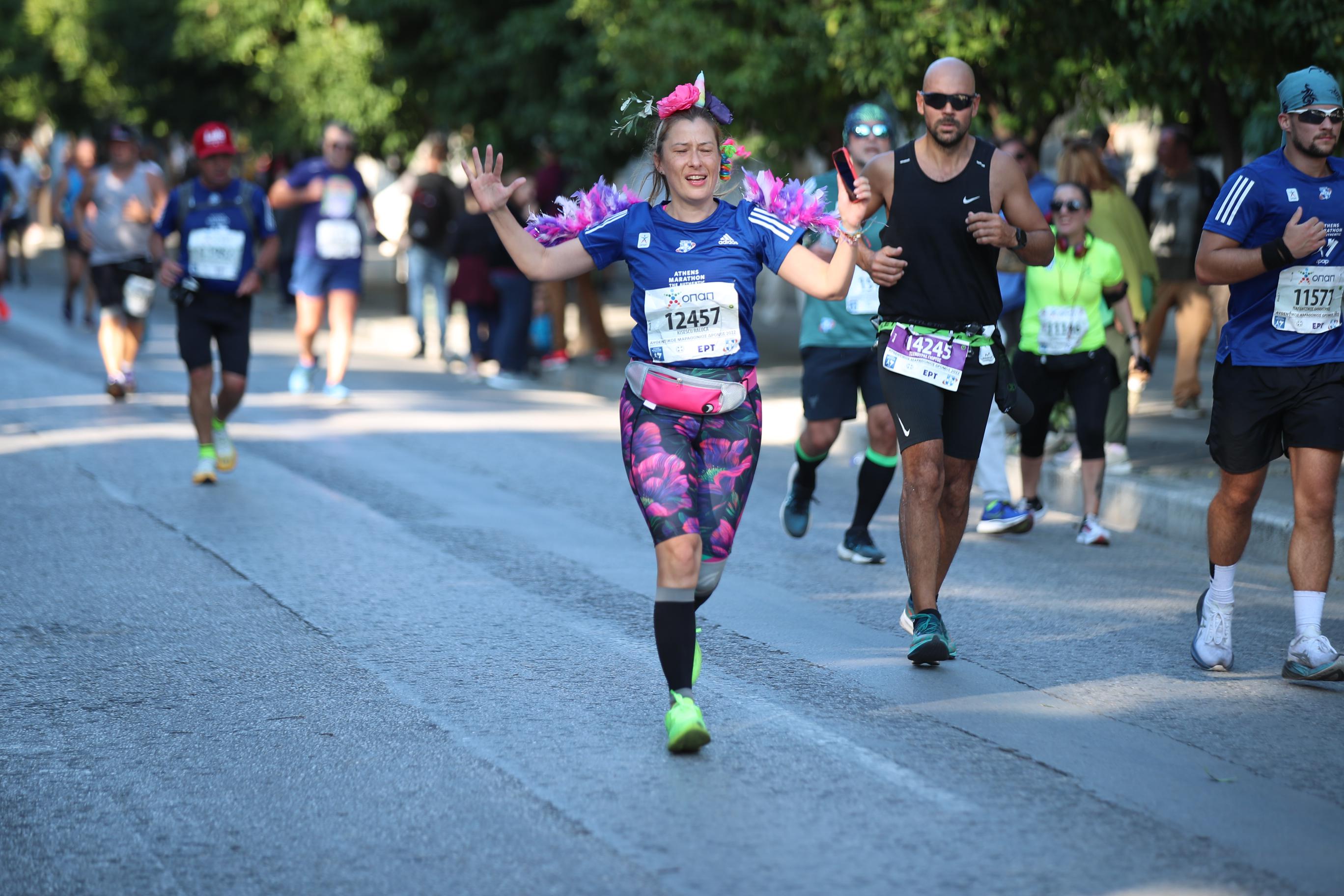What if. 5 questions for education, a creative approach.

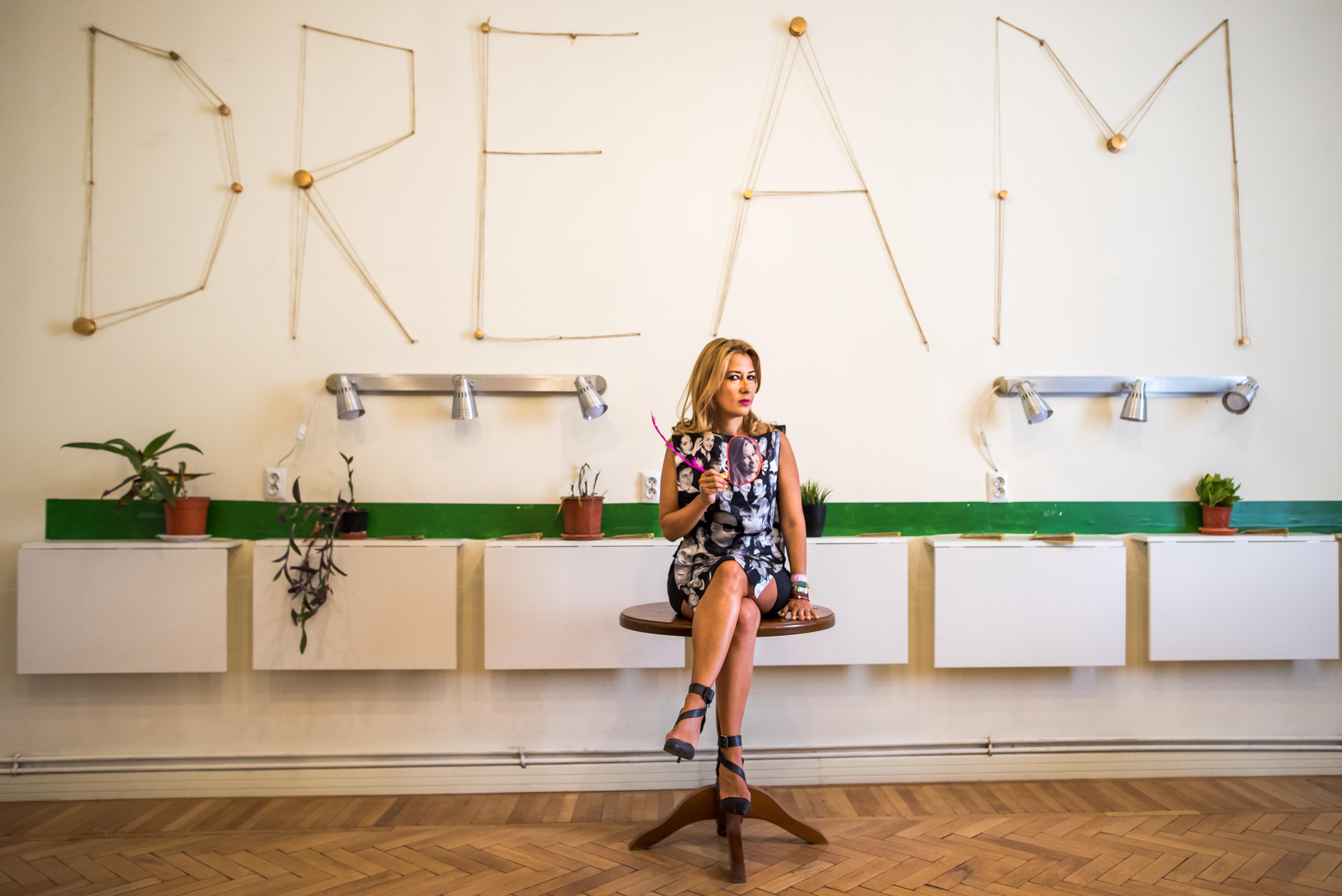
My next book on the wish list is A More Beautiful Question: the Power of Inquiry to Spark Breakthrough Ideas by Warren Berger. I read its resume here https://www.bookaholic.ro/avem-nevoie-intr-adevar-de-a-more-beautiful-question.html and it was convincing. Both the resume and its author:) In a world of 10 easy steps to everything, we rarely question the recipes and plans we take, but rather guide ourselves by statements. Berger puts a higher value on questions rather than answers and pleads for question storming, not brainstorming.
As this is the time for spring school breaks in most of the countries, I decided to pick up the top 5 March Trendwatching innovation based on their relevance to education. Moreover, instead of depicting them as statements, I switched to what ifs, placing a little bit more of each and every reader’s imagination into the subject.
Here they are and they are not limited exclusively to youngsters:)
1. What if a school cared more about student happiness than grades?
Chennai is one of the biggest cultural, economic and educational centres in South India. Little I knew about it, nevertheless it is the rural Chennai where Riverbend School unveiled plans in March 2018.
The school’s goal is to teach children how to be happy, rather than offering a standard curriculum. It features facilities such as an ideation lab, a meditation room and a test kitchen, with the aim of prioritizing emotional intelligence. Catering to middle and high school students, the school asks students to decide how they would like to learn, with teachers acting as mentors and coaches.
If you click this video - https://vimeo.com/254373789 - you would be surprised to see that the school looks like a an inclusive resort with the only exception that it includes academics.
Teaching happiness?
How come that it is not Finland - one of the top scoring countries in happiness index and school innovation system - as the major player for such an initiative? You would probably be surprised that GDH - Gross Domestic Happiness - as a better macro indicator than GDP firstly came in the nation of Buthan almost 50 years ago.
Fast forward to today: the announcement of this ‘happiness school’ coincided with the annual World Happiness Report rankings. Finland topped the UN’s happiness league this year after a 10-year economic depression. The most important factor is the country’s history of equality!
Now, back to Chennai, why India and not Finland?
The fact is that entrepreneurs, rather than educators, started the Riverbend School. Noteworthy. As societies shift, their paradigms must shift as well – even those that seem set in stone. Unbound by the ‘rules’ of education, Riverbend’s founders redefined the ‘school’.
So even if you’re a not an expert in a particular field: can you come up with fresh ideas to improve it, in response to changing values?
2. What if DNA testing could reveal the perfect roommate?
If a school can teach you happiness, why can’t a roommates website pursue your happiness with a better matching of the people you share the space with? Why to leave it to the whims of fate?
In March 2018, UK-based roommates website SpareRoom began trialing the use of DNA testing to help people discover the perfect roommate. The initiative, which involves Swiss geneticists Karmagenes, claims to assess 14 different personality traits to reveal the personality of the ideal roommate. Participants are invited to apply online for a free roommate DNA kit.
3. What if you could pick your preferred mother to wake you up?
No matter how cool the school or the roommate, it is still annoying to wake up early in the morning with an alarm clock. Some choose Ruggie, a rug you have to step on for 3 up to 30 seconds in order to stop. Some Japanese college graduates can select their preferred mother to wake them up, based on the tone of voice they’d like.
Japanese telecommunications operator au has unveiled Morning Call: a service offering free wake-up calls. Live from March 2018 – when Japanese college graduates generally start working – the service is staffed by Japanese mothers. The operator offers a five-day wake-up program to help people wake up more easily.
https://www.youtube.com/watch?v=xj9UJDSJdnM#action=share
4. What if you could actually disconnect?
Live from January 2018, The Disconnect is an online magazine which can only be accessed when readers are offline. The UK-created magazine’s homepage explains that users need to switch off wifi if they want to view content. The online magazine’s content focuses on poetry, essays and fiction.
5. What if you could receive a BSc (Bachelor of Science) completely online?
March 2018 saw the University of London launch an undergraduate degree that will be taught solely online. The course was produced in partnership with Coursera, one of the world’s biggest online university companies, and will be fully accredited with students receiving a Bachelors of Science (BSc) upon completion. Course fees will be GBP 5,650 per year, with the program being taught over three years. This is the just the beginning for better education at lower rates and more possibilities for all those who are no longer in their sophomore years.
Last, but not least, my own questioning example started with my eleven year old son. We played a game based on this very simple rule: Each of us had to write down 25 questions (also a suggestion from Berger’s book) about self that the other had to response to. The questions could be about real topics or imaginary ones, but all related to self.
Enjoy the holidays smartly!
P.S. Courtesy of trendwatching.com. Established in 2002, TrendWatching is the world’s leading trend firm, scanning the globe for the most promising consumer trends, insights and related hands-on business ideas. The Premium Service counts many of the world’s leading brands as clients, while the free Trend Briefings go out to over 260,000 subscribers in 180 countries. Ask for free trial.








